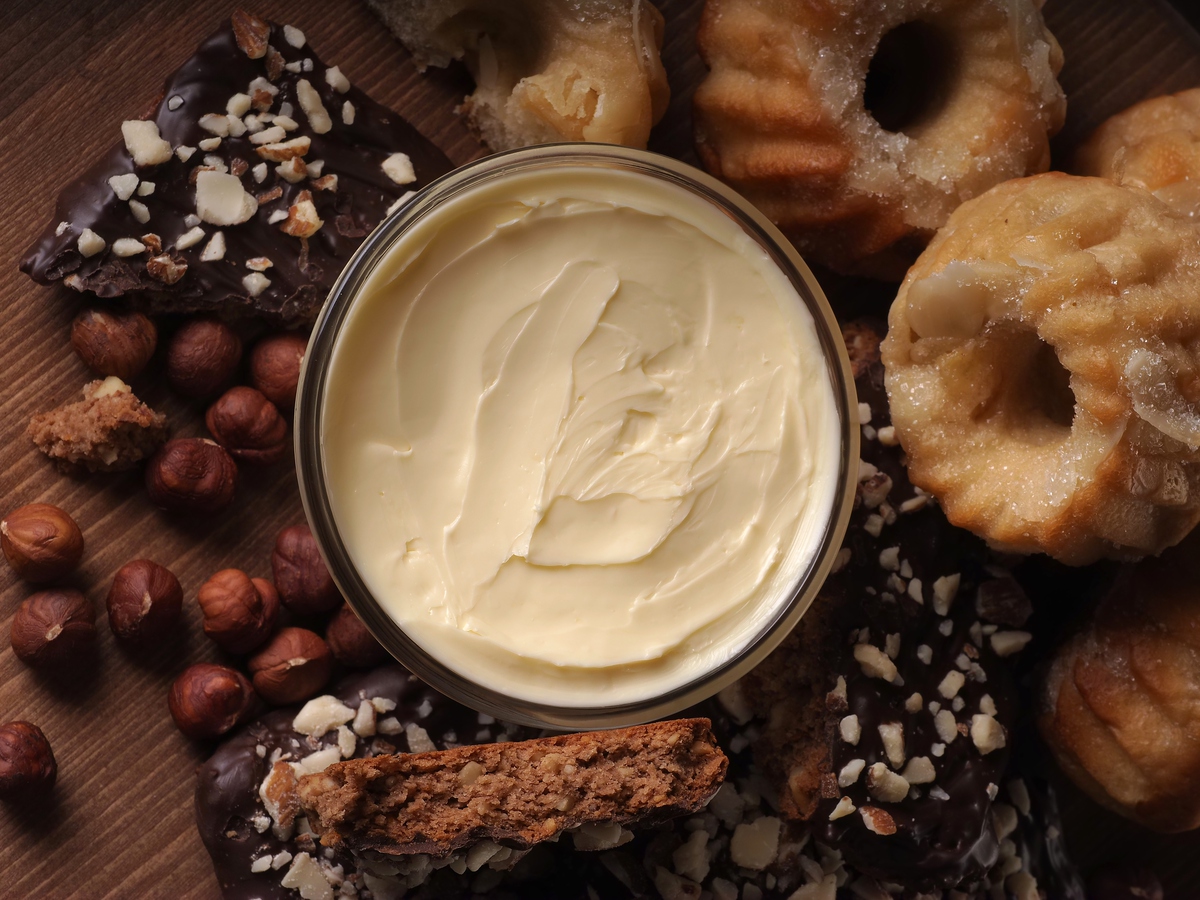The Russian food industry is actively engaged in import substitution. And while imports of ingredients for the deep processing of grains and oilseeds have been replaced, the emulsifier segment is still dependent. At the EFKO Group seminar, industry experts and technologists discussed how to change this situation and what ingredient producers can offer the domestic market.
Emulsifiers are used in the production of chocolate, baked goods, creams, spreads and margarines. This component solves many technological tasks — from improving the texture of the final product to high quality frying. The main emulsifiers used in the food industry are lecithin, mono- and diglycerides of fatty acids, PGPR, sorbitan monostearate and many others.
Today, the Russian food ingredients market accounts for about 10% of the global market and is estimated at $3 billion with an annual growth rate of about 6%. The leading players in the global market are transnational giants: Cargill, Kerry Group and Danisco.
"Emulsifiers are most often used in the confectionery industry — it accounts for 49% of consumption. 35% — for the production of bakery products, 16% in total — for the production of margarines and spreads," says Nadezhda Kornienko, Chief Analyst in the Oils and Fats Division of the EFKO Group. — The main problem of the domestic market of food ingredients is dependence on imports. Manufacturers are forced to import 80-90% of basic ingredients such as flavorings, stabilizers, coloring agents from abroad. The volume of the emulsifiers market in Russia today is 34,300 tons".
The main suppliers of emulsifiers to Russia in 2021 were the European Union, Malaysia and Indonesia. After the sanctions were imposed, the situation changed and many countries refused to cooperate.
"At the moment, the trend is towards China, India and Malaysia. As a producer, we see only one way out — to focus on our own products, which will be able to replace all kinds of foreign analogs," says Alexey Dikarev, Deputy Director of the Dairy Department in the Oils and Fats Division.
The EFKO Group offers producers all the main emulsifiers that were previously supplied from abroad: saturated monoglycerides, PGPR, PGE, sorbitan tristearate and sorbitan monostearate. According to Alexey Shestopalov, the company's chief technologist, "the latter makes it possible to achieve a homogeneous plastic consistency of spreads. PGPR is used in low-fat spreads, it helps to stabilize the finished products and eliminates delamination of both the initial emulsion and the finished product. PGPR is recommended for the confectionery industry — it regulates the viscosity in compounds. Then there is sorbitan tristearate, which stabilizes the crystal structure of cocoa butter and cocoa butter equivalents”.
The prospect of using EFKO emulsifiers has already been highly appreciated by industry practitioners. Elvira Pichueva, a technologist at Khlebprom, notes that emulsifiers are an integral part of a number of products. "For example, in biscuits, the component helps to slow down staling and extend the shelf life of the product”.



